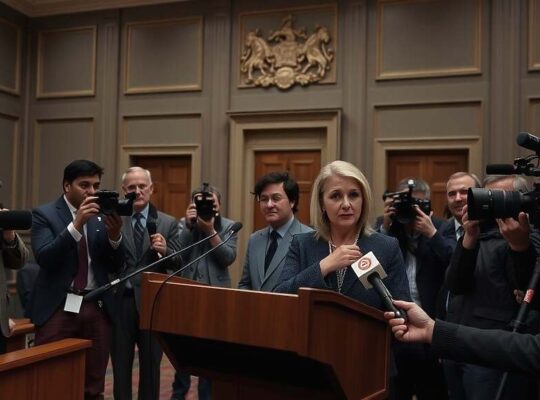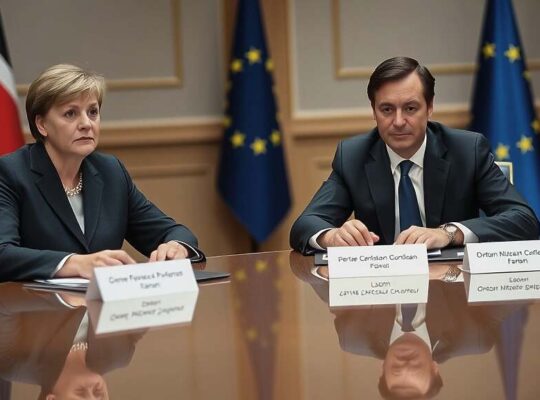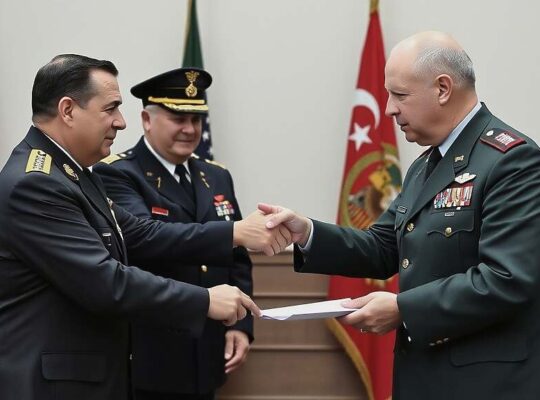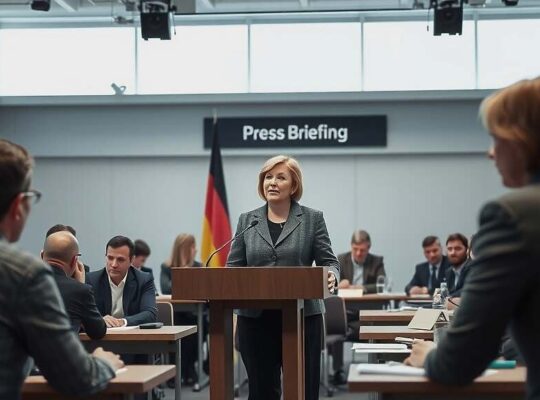The recently formed German government has established key foundations for security policy, according to Ifo Institute President Clemens Fuest, although further refinements are needed in other areas.
Fuest noted that the coalition’s reform of the debt brake has created scope for significant, credit-financed military spending. However, he cautioned that effectively deploying these funds to ensure Germany’s contribution to peace and security presents a considerable challenge.
The government’s proposed relaxation of bureaucratic burdens on businesses regarding the Supply Chain Due Diligence Act was also viewed positively. Fuest emphasized, however, that additional measures at the European level are required to reduce unnecessary reporting obligations related to sustainability. He expressed optimism regarding the initiative to promote innovation and company formation, highlighting the potential of improved research funding and accelerated company registration processes. He also stressed the importance of ensuring that special debt used for infrastructure projects leads to genuinely additional public investments.
Conversely, Fuest identified several policy decisions he believes do not sufficiently limit spending or strengthen economic growth. He specifically criticized the early retirement scheme, citing its bureaucratic complexity and the broad distribution of transfers to young people who may not require them. Similarly, the permanent reduction of VAT for the hospitality sector was described as a fiscal policy error.
Overall, Fuest characterized the new government’s economic policy record as a mixed picture, acknowledging that the administration is still relatively new, having been in office for just over two months and could use the coming months to adjust its course.












